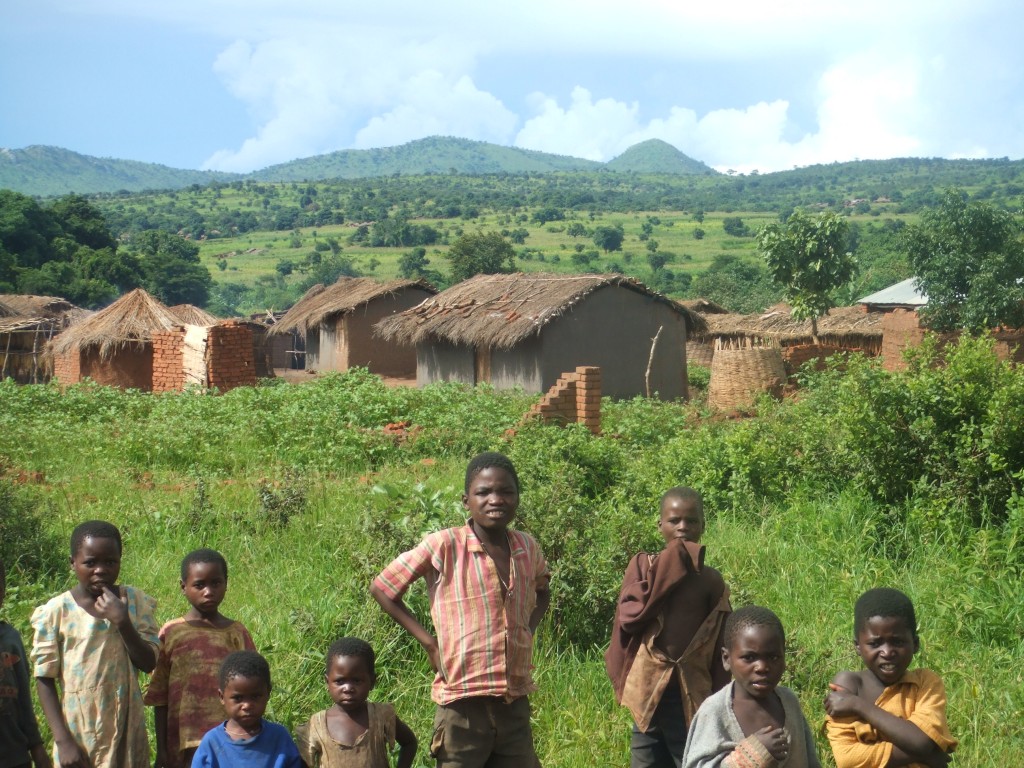
Malawi is affectionately known as the “Warm Heart of Africa” for good reason. This land-locked country in the southeast of the continent is known for its amazing hospitality and friendliness to visitors. Even in the most remote and poorest villages, visitors can expect to be welcomed with kindness.
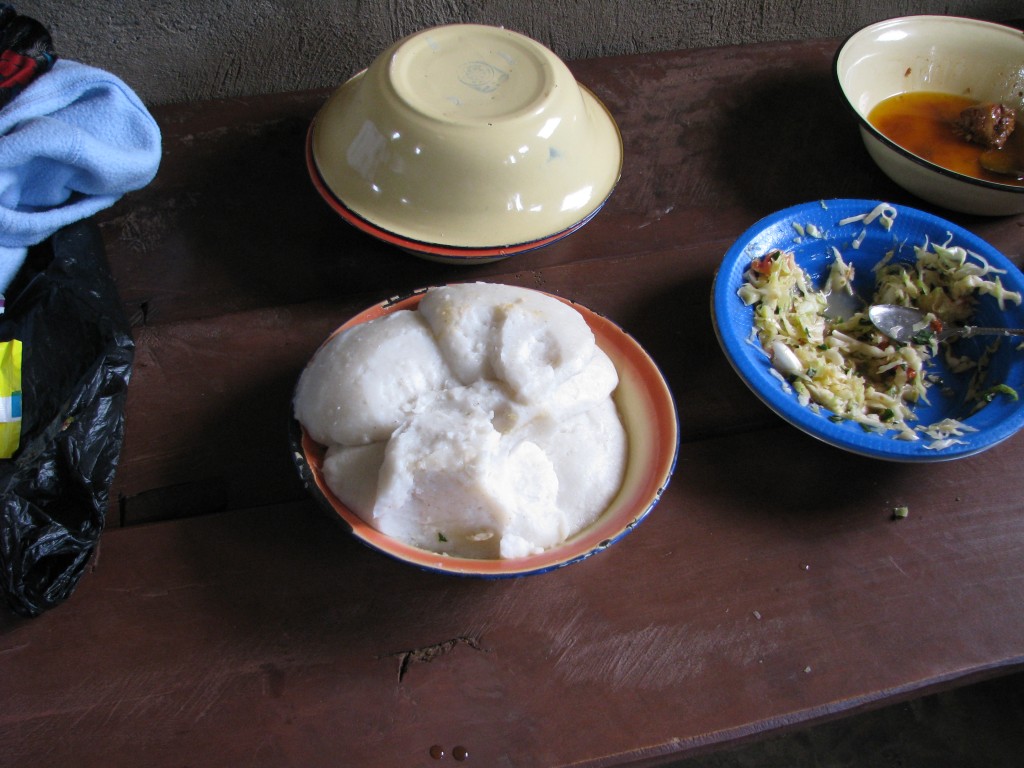
The population of about 20 million (2021 estimate) is located in the most densely populated country in Africa, about the size of Pennsylvania. Most are subsistence farmers, living off the land. Almost everyone in the country grows maize (corn) which comprises the main staple of their diet. Travelers to Malawi will notice the roadside stalls of tomatoes, cabbage, potatoes, beans, bananas, and onions all over the country. The smell of cooking fires preparing the next pot of nsima is an invitation to sit down with our Malawi friends and enjoy a meal together.
Urban areas (like the capital of Lilongwe and commercial hub of Blantyre) are full of shops and some industry. You’ll even come across pizza, hamburgers, and a KFC! However, Malawi is among the world’s least developed countries in the world. Its primary export is tobacco, a declining product. The country also produces sugar, tea, & cotton. And yes, you can bring home some wonderful Malawi tea and coffee with you.
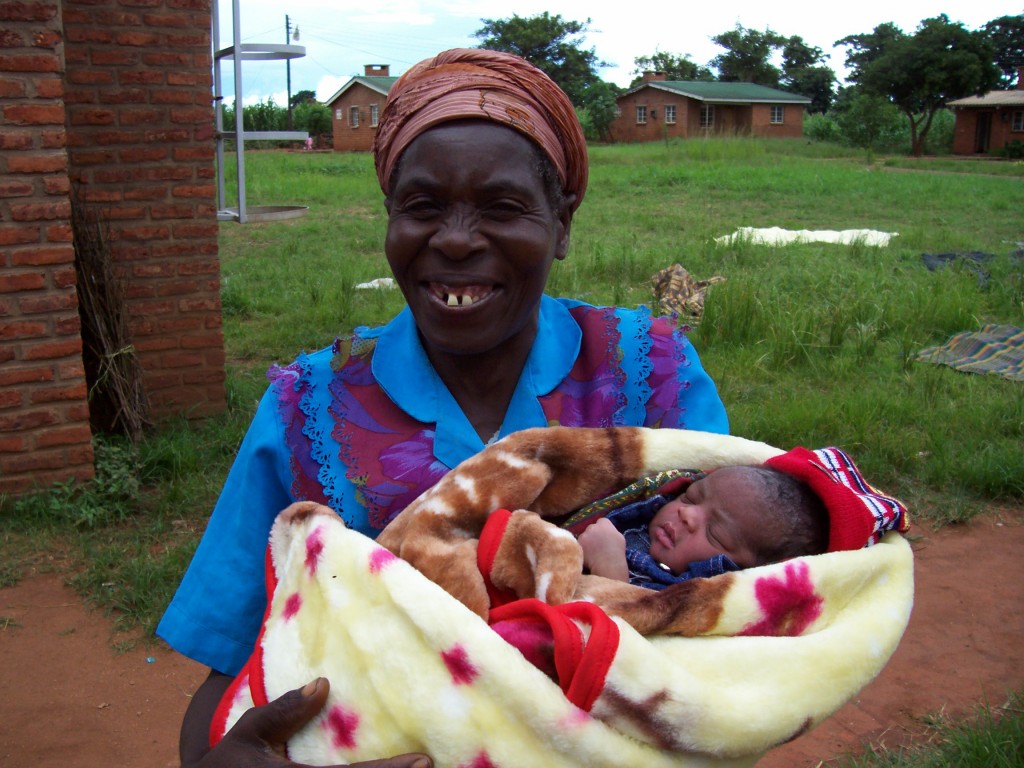
Malawi was a British colony until it gained independence on July 6, 1964. It is now a multi-party democracy with a president and parliament government. The nation’s predominant tribe are the Chewa in the central region. The tribe has a traditional king who lives across the border in Zambia. Other tribes include the Yao, Ngoni, Lomwe, & Tumbuka. Although these tribes may have political differences, they largely live peacefully together. English is spoken in the urban areas and is the language of business & government. Chichewa is the main tribal language, although others are spoken.
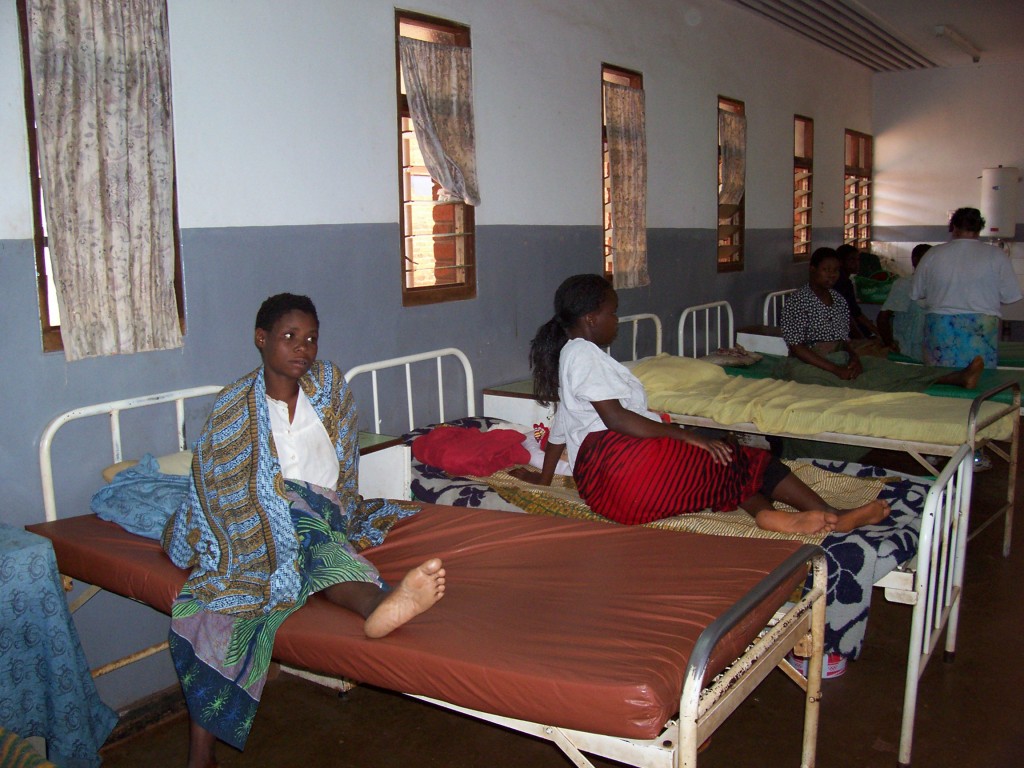
There are significant challenges Malawi continues to face. The decline in tobacco has less foreign exchange coming into the country. The government is dependent on about 40% of its annual budget from foreign donors, primarily the United Kingdom. While health care is free to Malawians, hospitals and rural health centers face staff and supply shortages. Only 2 physicians exist for every 100,000 people. There is a high maternal and infant death rate. However, despite the horrible effects of HIV that ravaged Africa in the early 2000’s, Malawi has been a success case in bringing the HIV rate down to 9% and making ARV’s very accessible to the population.
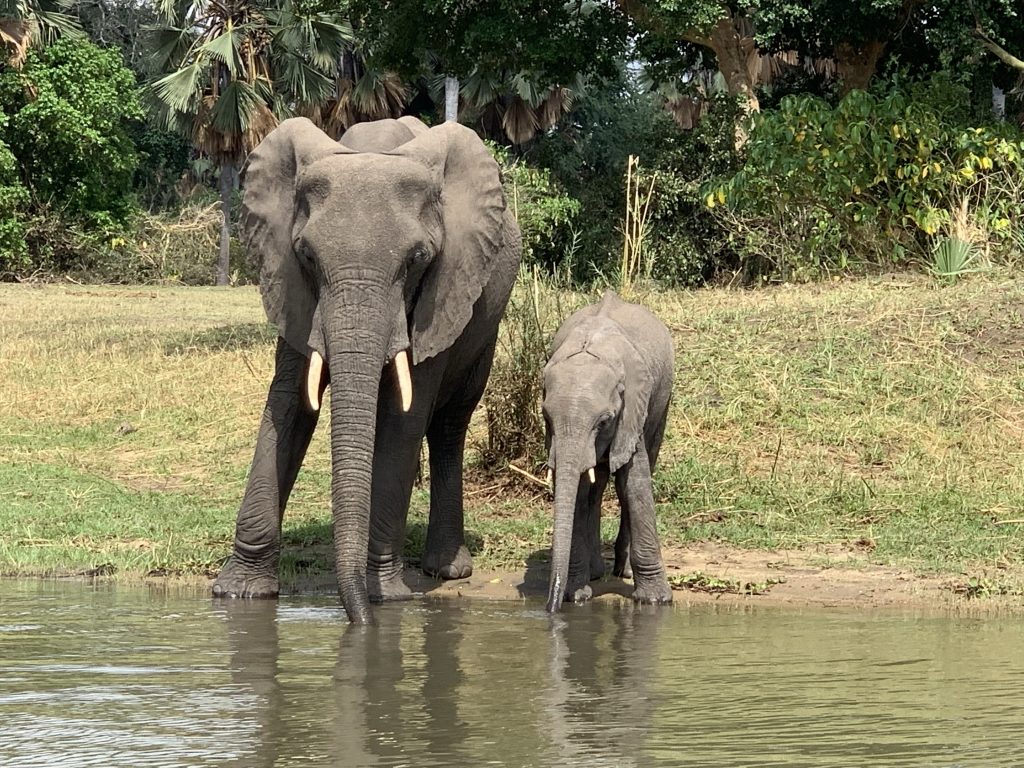
Visitors to Africa always want to know about the animals. Malawi doesn’t disappoint. There are several protected game areas Malawi has done a tremendous job of managing and increasing wildlife numbers. The most popular park, Liwonde National Park, boasts elephants, zebra, hippo, kudu, warthogs, crocodiles, lions, monkeys, and 700 species of birds to name a few. You’ll be in awe of the experience.
Traveling to Malawi means you’ll grow your frequent flyer mile account. Most travelers from America prefer Delta Airlines to Johannesburg and then a 2 hour flight to Lilongwe. Ethiopian Airlines is an affordable choice, connecting in Addis Ababa. Kenya Airways has several connecting flights usually routing through a city in Europe (like Paris or Amsterdam) and Nairobi. Americans can obtain a visa at the airport for $75. If you are carrying another passport, be sure to check with your embassy for entry requirements.
Read how Chikondi Health Foundation is making a difference!